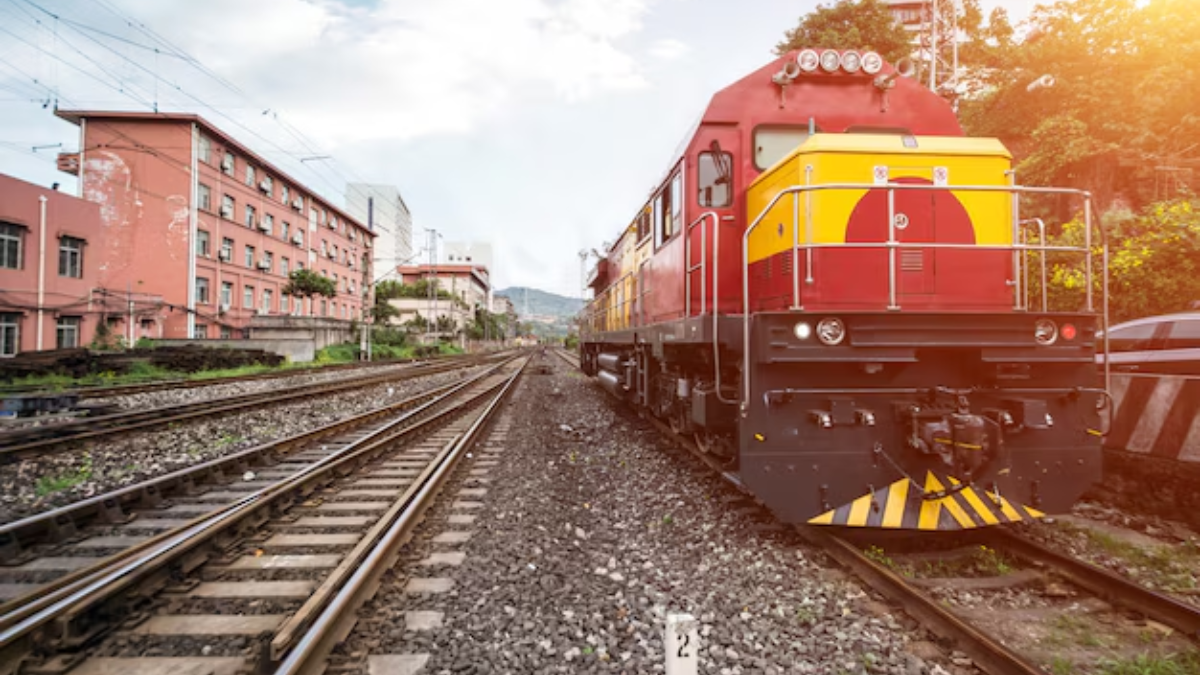The Indian Railways, a backbone of the nation’s transportation network, faces a pressing challenge: a shortage of crew members. As the demands on this colossal network continue to grow, meeting the logistical needs without compromising on quality or efficiency presents a formidable task. To tackle this, the Railways have implemented innovative strategies, particularly focusing on long-haul operations. This strategic shift is poised to enhance efficiency, ensuring the seamless movement of passengers and goods across the country.
Understanding the Crew Shortage Challenge
In a country as vast as India, the railway network forms an intricate lifeline, connecting cities, towns, and villages. Over the years, however, the industry has grappled with crew shortages, impacting operational efficiency and delaying services. Compounding the issue are factors such as:
- **Retirement and attrition rates exceeding recruitment efforts.
- **The increasing demand for modern, high-speed trains requiring specialized staff.
- **Extended work hours affecting current crew members’ productivity and well-being.
Faced with these challenges, Indian Railways has turned its focus towards long-haul services, which promise to be a game-changer in addressing the crew shortage.
The Economics of Long-Haul Rail Services
Long-haul services consolidate resources by combining two or more freight or passenger trains into a single unit. This approach optimizes crew deployment, allowing fewer staff members to service larger loads efficiently. Key benefits include:
- Reduced operational costs: Combining loads cuts down on fuel and other operating costs.
- Enhanced crew utilization: Fewer crew members are needed per journey, addressing the shortage more effectively.
- Decreased congestion: Less frequent train movements reduce congestion, improving overall scheduling.
By rethinking service delivery, Indian Railways is finding novel solutions that make economic and operational sense, all while ensuring the demands of an ever-expanding user base are met.
Technological Innovations Supporting Long-Haul Operations
The success of implementing long-haul services relies heavily on technological advancements. The Indian Railways’ dedication to modernization includes:
Automated Monitoring Systems
Advanced monitoring systems ensure that long-haul trains operate smoothly. These systems provide real-time updates on train conditions, helping in the proactive identification of potential issues.
Efficient Simulation Tools
The use of simulation tools allows for the modeling of train schedules and routes. Through detailed analyses and adjustments, these tools help optimize the utilization of crew and resources.
Integrated Communication Networks
Enhanced communication networks facilitate seamless coordination between crews and control centers. Real-time updates and constant connectivity play a crucial role in ensuring safety and efficiency.
Training and Skill Development Initiatives
With the shift towards long-haul services, the demand for well-trained employees who can handle complex logistical tasks has increased. Indian Railways is investing in:
- Comprehensive training programs: Focused on equipping staff with the skills required to operate advanced long-haul systems.
- Enhanced recruitment drives: Attracting fresh talent into the railways to bridge the gap left by retiring crew members.
- Skill upgradation workshops: Regular workshops and seminars ensure that current employees stay updated with the latest technological advancements.
Through these focused initiatives, the Railways aim to build a robust workforce capable of meeting current and future demands.
Positive Environmental Impact
Beyond operational efficiency, long-haul services promise significant environmental benefits. By reducing the number of trains in operation, the Railways are effectively lowering their carbon footprint, contributing to India’s broader environmental goals. Key benefits include:
- Reduced emissions: Fewer trains mean decreased emissions, aligning with sustainable development objectives.
- Energy conservation: Long-haul services require less energy per ton of freight, optimizing energy use.
- Promotion of green logistics: Encouraging the use of rail over more polluting modes of transport.
The Future of Long-Haul Services in India
The successful integration of long-haul services marks a significant transformation in Indian Railways’ operational landscape. It holds the potential to redefine how rail transport is perceived and utilized in the country. With continued investments in infrastructure, technology, and human resources, the Railways are geared towards a new era of efficiency and reliability.
Conclusion
The introduction of long-haul services by Indian Railways is a bold step towards solving the crew shortage challenge while maximizing resource utilization. By leveraging technological advancements and focusing on human capital development, the Railways aim to usher in a new phase of operational success. As these services continue to evolve, they promise not just to meet current logistical needs but also to pave the way for sustainable growth and innovation in the future.
“`







